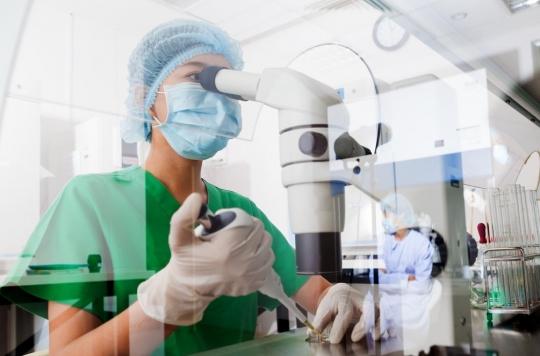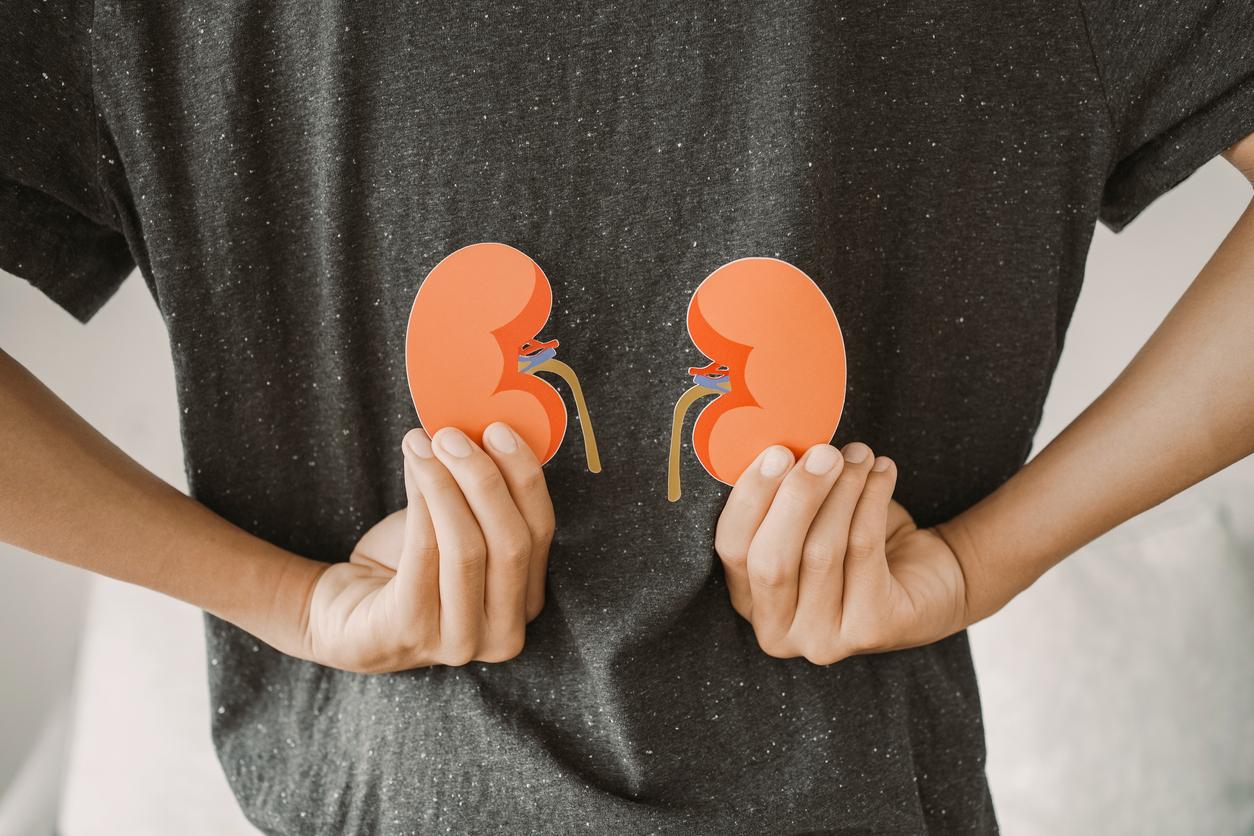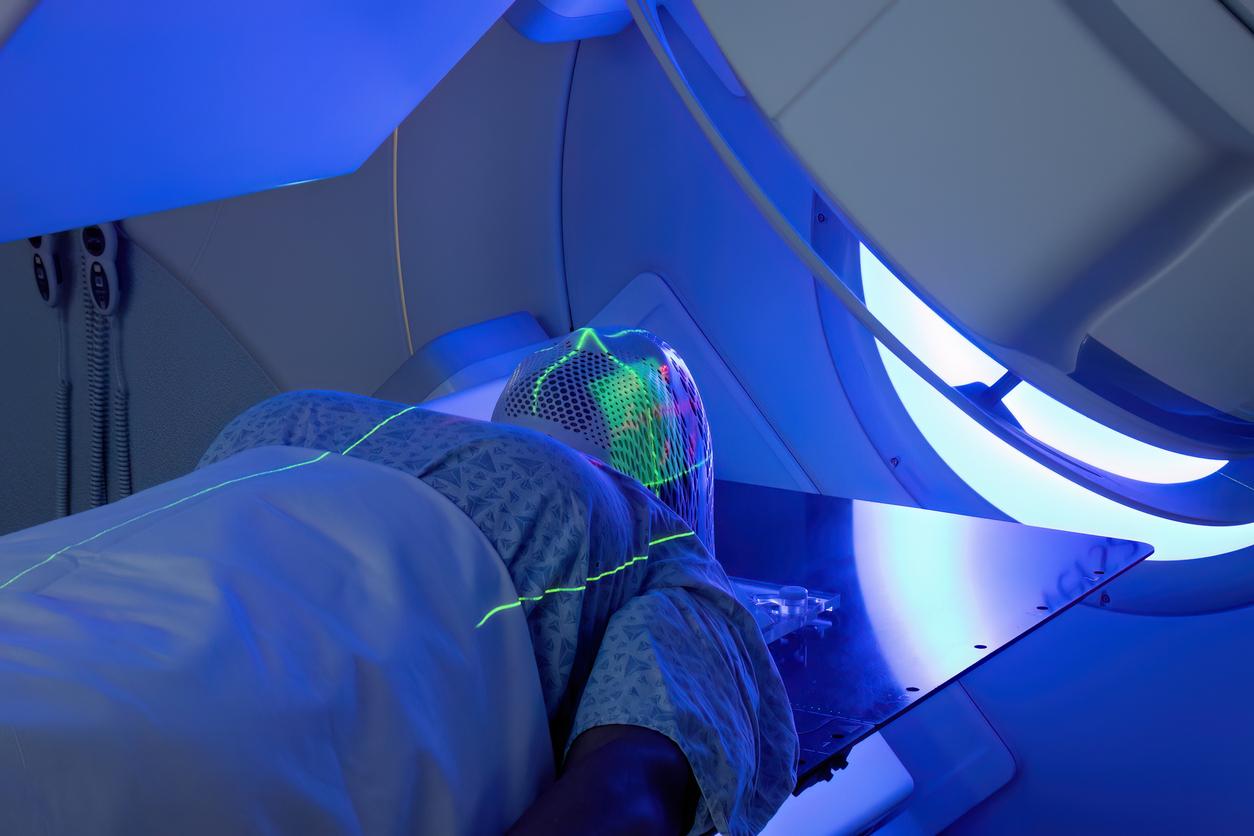Called MUC1, after the protein expressed by some of our cells, this vaccine developed by researchers at the Mayo Clinic and the Cancer Institute at the University of Pittsburgh could help prevent some of the most common cancers. like that of the lung or the prostate to develop at an early stage.

- Since 2013, clinical trials on a universal cancer vaccine show promising results.
- Called MUC1, it targets the protein of the same name, which is mutatedly overexpressed in malignant tumors.
- But there is still a long way to go before the development of such a vaccine and according to some scientists, making MUC1 a target tumor antigen for a vaccine also shows limited effectiveness.
According to figures from Public Health France and the National Cancer Institute (INCa), there were an estimated 382,000 new cases of cancer in France in 2018 (respectively 54% in men, 46% in women) and 157,400 deaths from cancer. cancer (57% in men, 43% in women) that same year. These worrying figures show an increase in the overall risk of cancer in mainland France, for both women and men.
In France, cancers of the prostate, breast, colon-rectum and lung are the most frequent. Due to genetic, environmental (tobacco, alcohol, pollution, etc.) or hereditary factors, they currently remain impossible to predict.
But a clinical trial started in 2018 in the United States could help reduce their number. Its objective: the development of a preventive vaccine to prevent the development of tumours. Still in progress on 50 smokers or ex-smokers at very high risk of contracting lung cancer, it is carried out by researchers from the Mayo Clinic and the Cancer Institute of the University of Pittsburgh, in the United States.
A preventive vaccine tested since 2013
This vaccine is called MUC1, named after the protein normally expressed by epithelial cells. In the case of cancers, the protein is present in a mutated version and in abundance in the majority of tumors, which gives them resistance to traditional anti-cancer drugs. “It is a marker present in many tumors (lung, pancreas, prostate, colon, etc.) which use it both as a growth engine and as a defense against treatment”explains Olivera Finn, of the University of Pittsburgh, who led the work.
His team worked to make this MUC1 protein a new therapeutic target. In 2013, a first vaccine was tested in a trial on 39 elderly patients at risk of colon cancer. Each of the subjects received 3 doses of the vaccine over a period of 12 months. 17 then showed a strong protective response. For the other 22, the low production of antibodies was attributed to their weakened immune system. Which means he “might be better to vaccinate people against colon cancer at an even earlier stage”says Dr. Olivera Finn. “The objective of these prophylactic vaccines [préventifs] is to reinforce the patient’s natural immune surveillance. If your doctor finds you are at high risk for cancer, the idea would be to vaccinate you to improve the immune system’s ability to contain abnormal cells and eliminate premalignant lesions instead of waiting to see if cancer develops.”continues the researcher.
Reservations about the effectiveness of MUC1
If American research continues, there is still a long way to go before reaching a universal cancer vaccine. “MUC1 has been studied for a long time in immunotherapy, and we’ve never really seen a dramatic benefit on patient mortality, so I don’t think it’s a good candidate.”, estimates Fabrice André, director of research at the regional center for the fight against cancer Gustave-Roussy, in Villejuif (Val-de-Marne). Asked by Science and Futurehe points out that for a vaccine of this type to work, “it would be necessary to know, faced with a risky situation, what are the mechanisms of cancerization, identify the mutations at work and the antigens common to cancers in order to then vaccinate against these, precisely…”. But anticipating these phenomena in people who have not yet developed cancer is not easy. According to him, it should “to use other modern antigen modeling approaches associated with large epidemiological studies that would give the probability that a patient presents such or such antigen”.

















